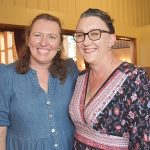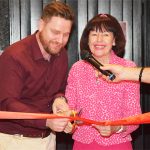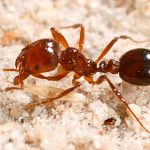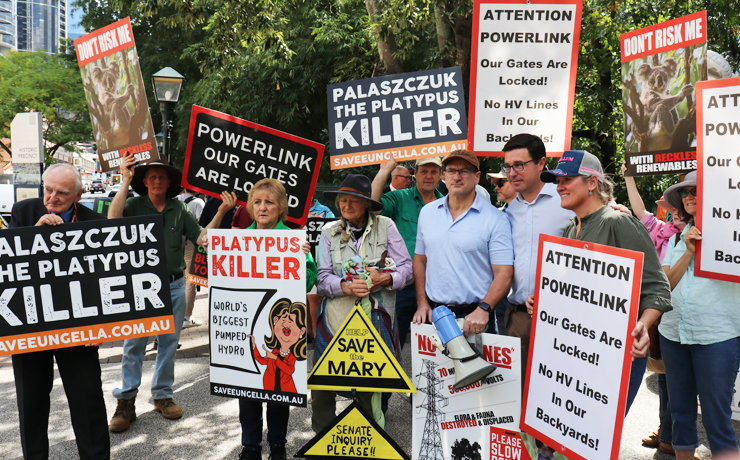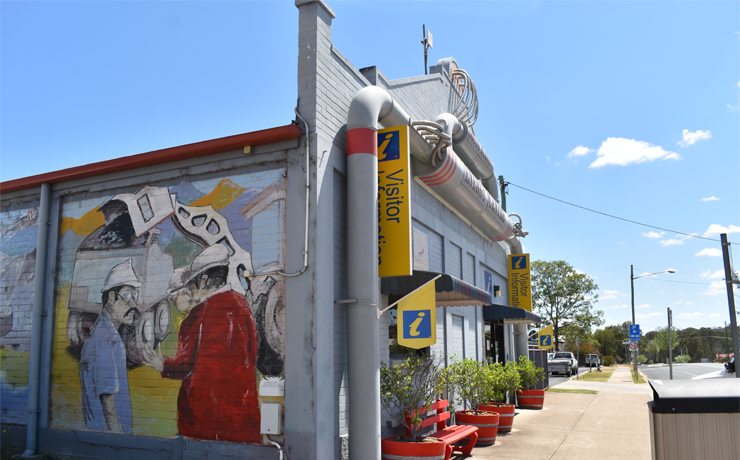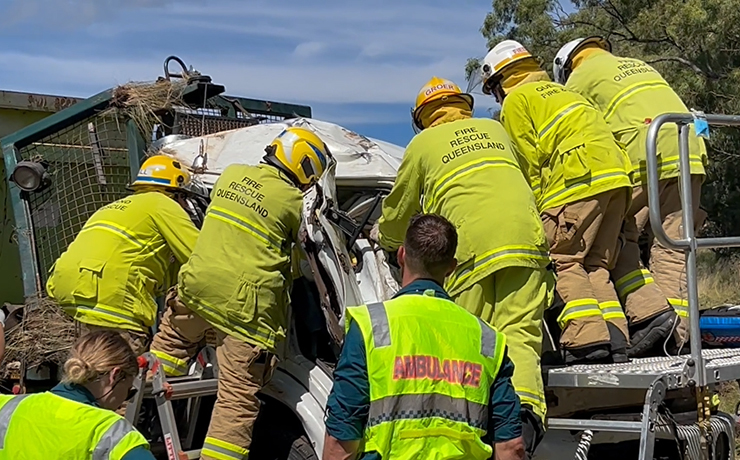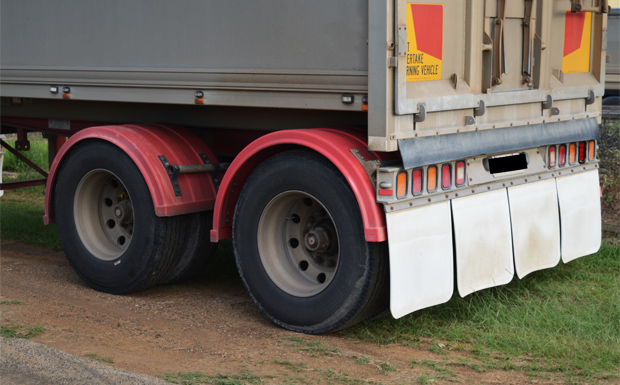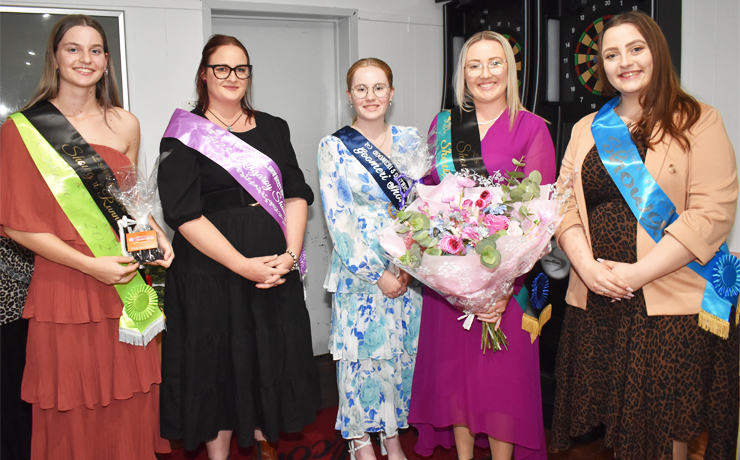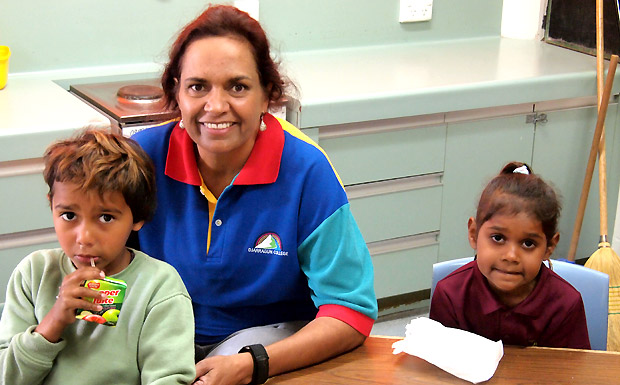
July 19, 2013
by Marcus Priaulx
Christine Kaden-Grohn’s mum was given a traditional Aboriginal upbringing. She spoke four tribal languages and lived by tribal law until her husband Des Petersen walked onto Gordon Downs station.
Des was a bore mechanic for Southern Cross windmills and had come to work on the Vesty-owned property on the NT-WA border in the 1960s.
He met Chrissy’s mum, Wodyella, in the station homestead where she worked as a cook and was known as “Sheila”.
Over the months he learned her language, they fell in love and were married in a traditional ceremony at the nearby camp where the property’s indigenous workers lived.
Des was spurned by his family but continued to live by his wife’s traditional laws.
They had five children and it was not until their eldest, Chrissy, was of school age that Des and his wife headed back to his home state of Queensland.
They settled in Dalby and Wodyella had to overcome blatant racism as she struggled in an urban setting where she didn’t speak the language or read or write.
But she and Des knew how important school was in providing their children with the tools they needed to be self-reliant and happy in modern world.
They sent Chrissy and her four siblings to school every day.
Chrissy, 46, now lives on a Goomeri property and is a teacher at Cherbourg State School
Her sister Jane works as a Northern Territory nurse.
Her other sister Alison is an indigenous health officer in Dalby.
And her two brothers, Stephen and Everard, are printers for Colquhouns bag making company.
The moral of Chrissy’s story is that continual reports on pockets of indigenous failure in remote communities is not, in her view, normal.
“All my family and the indigenous friends I grew up with went to school every day and have done well,” she said.
Reports also show that 80 per cent of Queensland’s Aboriginal and Torres Strait Islander children live in the south-east and have a school attendance rate of more than 85 per cent.
And indigenous people with a bachelor degree or higher tend to have better careers then their non-indigenous peers.
Chrissy, herself, was a dental nurse of many years but came to Cherbourg State School as a teacher aide when former Queenslander of the Year Chris Sarra was principal.
She did her teaching degree through the Remote Area Teacher Education Program (RATEP) and became fully qualified with first class honours in 2010.
“I see my background as being a benefit to the role I now have,” Chrissy said.
“My mother was very traditional and we had to overcome racism growing up.”
Chrissy believes this has reduced significantly in the South Burnett and sees a world of opportunity for the children she teaches.
“We have done great things as a people. and we need to ensure our children are proud of their heritage and try their hardest to be the best that they can be in the modern world,” Chrissy said.
“The vast majority of parents know this. We need to ensure all those within the South Burnett know i,t too, and take action to send their children to school every day.
“It will ensure what they do today sets them up for a stronger, smarter future.
“My parents knew that and I’m grateful to them.”







